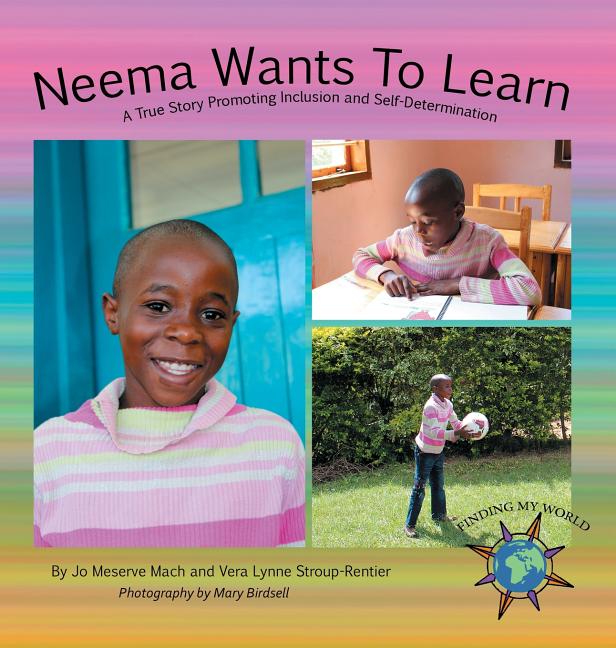Informational Text Complexity Measures
for Neema Wants to Learn: A True Story Promoting Inclusion and Self-Determination by Jo Meserve Mach, Vera Lynne Stroup-Rentier, and Mary Birdsell
To help put the right book in each reader's hands, consider the following comprehensive text complexity analyses within your instructional plans. View the Text Complexity Toolkit for help.
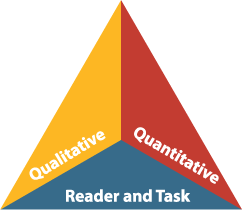
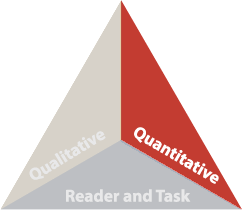 Quantitative Measures
Quantitative Measures
- Lexile Level: Not Available
| Grade Band | Lexile® | ATOS® | Degrees of Reading Power® | Flesch-Kincaid | Fountas & Pinnell | Reading Maturity | SourceRater |
|---|---|---|---|---|---|---|---|
| 2-3 | 420L-820L | 2.75-5.14 | 42-54 | 1.98-5.34 | I-P | 3.53-613 | 0.05-2.48 |
| 4-5 | 740L-1010L | 4.97-7.03 | 52-60 | 4.51-7.72 | O-V | 5.42-7.92 | 0.84-5.75 |
| 6-8 | 925L-1185L | 7.00-9.98 | 57-67 | 6.51-10.34 | U-Z | 7.04-9.57 | 4.11-10.66 |
| 9-10 | 1050L-1335L | 9.67-12.01 | 62-72 | 8.32-12.12 | Z+ | 8.41-10.81 | 9.02-13.93 |
| 11-12 | 1185L-1385L | 11.20-14.10 | 67-74 | 10.34-14.20 | Z+ | 9.57-12.00 | 12.30-14.50 |
Source: National Governors Association for Best Practices and Council of Chief State School Officers.[1]
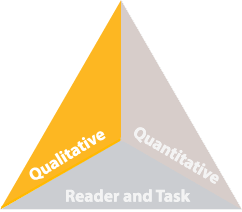 Qualitative Measures
Qualitative Measures
The text Neema Wants to Learn: A True Story Promoting Inclusion and Self-Determination does not yet have any Informational Text Complexity Qualitative Measures Rubrics filled out. Perhaps you can help.
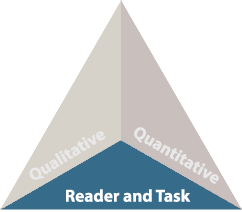 Reader and Task Considerations
Reader and Task Considerations
- What do you want your students to accomplish with the text, and how will you implement this in your lesson?
- How will you guide your students to construct meaning and grow as readers, based on the theme and content of this particular text?
- Which readers will deeply connect with this text, and where does that fit into the instructional plan? Consider each specific reader's motivation, knowledge, and experiences, along with their age, learning needs, language, and reading skills.
Grades in which Neema Wants to Learn: A True Story Promoting Inclusion and Self-Determination is Assigned
No educators have yet completed this "grades used" section of the Informational Text Complexity Qualitative Measures Rubric for Neema Wants to Learn: A True Story Promoting Inclusion and Self-Determination, where they share what grades this text is assigned. Perhaps you can help.
1. National Governors Association for Best Practices and Council of Chief State School Officers. "Supplemental Information for Appendix A of the Common Core State Standards for English Language Arts and Literacy: New Research on Text Complexity," Common Core State Standards Initiative (2014): 4. Accessed August 8, 2014, View PDF.
2. Adapted from the CCSSO's ELA State Collaborative on Assessment and Student Standards, and the text complexity rubrics used by the Wisconsin Department of Public Instruction ELA Team.
3. Lexile® is a trademark of MetaMetrics. Used under license.
4. ATOS® is a trademark of Renaissance Learning, Inc. Used under license.

